The healthcare industry is forever evolving, but with the conditions imposed by the pandemic, the industry has been forced to further progress.
In Australia, the healthcare sector saw its largest growth in the last five years, and we can only expect this to continue. We’ve put together 6 nursing trends that you can expect to see in 2022, based on the most recent data and insights from medical professionals.
We will see more career options available for nurses in the coming years
The nurses of today are expected to specialise and this is a big trend we will see grow. But as healthcare needs climb and become more complex the opportunity for nurses to specialise will continue to increase.
At First Choice Care, we provide great opportunities for nurses, offering shifts within the Intensive Care Unit (ICU), Coronary Care Unit (CCU), Emergency Department (ED), and Midwifery roles in the Ante/Post-Natal & Special Care Nursery. We also offer exciting remote & rural jobs for nurses with specialist qualifications, allowing you to work whilst also exploring beautiful parts of Australia’s North East.
As the use of technology continues to grow within healthcare, nurses will need to be more technologically skilled
As a result of the pandemic, the healthcare sector has become more reliant on technology than ever before. While there is no denying that technological advancements have improved patient care and supported nurses in the way they work, including just about every practice and process, we must realise that the nurses of today must be diverse. Nurses who are adept in technology are in high demand and we will see this rise.
Today, nurses use a wide array of technologically operated systems to increase efficiency. This includes Electronic Health Records to keep track of a patient’s health history. Computers and mobile phones are also used on shift to keep time, schedule staff, research, order medications, emails, and various other tasks. Nurses need to be able to adapt to the evolving environment around them and keep up to date with technology.
There will be a surprising growth in Non-Clinical Nursing Career roles
A surprising development in the nursing profession is the growing interest of nurses moving from clinical to non-clinical roles. As most nursing degrees have become more flexible, including advanced programs, many new graduated nurses who would have considered clinical practice previously are now looking at alternative avenues.
We will see a rise in fatigue/burnout awareness for nurses within the community
There is no doubt that society has become increasingly aware of nurse burnout and maybe you as a medical professional have learnt to accept that you need rest too.
Burnout and fatigue in the nursing profession is a growing problem, which is why many have turned to agency work to take control of their life and give themself more time with their family. Our nurses at First Choice Care have our full support and we will always do what we can to support our nurses and their lifestyle – no nurse is the same.
Online education programs will continue to increase in popularity
There are many benefits to online education, and while the original shift from in-person to online was challenging, as a result of the pandemic, it has now become a very popular way to learn. Particularly for those who are working, online education programs offer flexibility which is extremely convenient for agency nurses who want to balance their work and studies.
As the motivation for nurses to seek higher education increases, online nursing programs provide a way for nurses to gain a degree while maintaining their full-time income. This opens the door to higher education with no need to sacrifice shifts or family time.
Bilingual nurses will become more valued than ever
As the world has opened up again, post-COVID, Bilingualism is becoming an increasingly desirable skill for nurses to have to employers. Hospitals and medical facilities are actively employing bilingual nurses to better their care and improve health outcomes.
In Australia, Aboriginal-speaking nurses are extremely valued as we continue to focus on closing the gap.
Bilingual nurses play a crucial role in improving patient care and being able to communicate with patients, particularly around, consent, education, and information regarding their discharge.
We are a nursing agency that is taking progressive action and keeping up with the dramatic changes within the healthcare sector. Our nurses are the priority for us, and we will support you in whatever direction you want to take your nursing career.
We understand some profound changes are occurring, but you will never be alone when working with us! If you want more control and flexibility over your hours, apply with us today.
More articles





